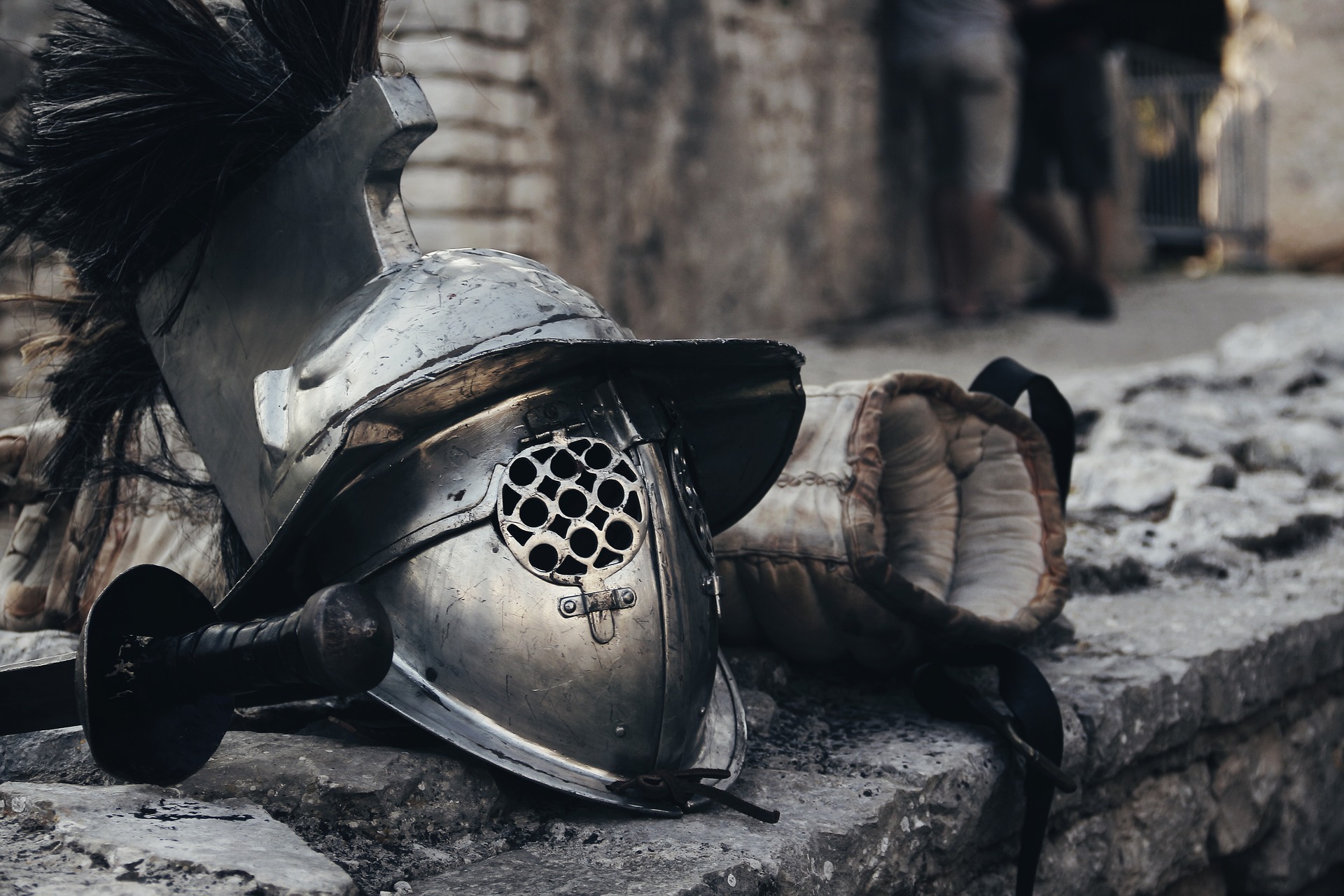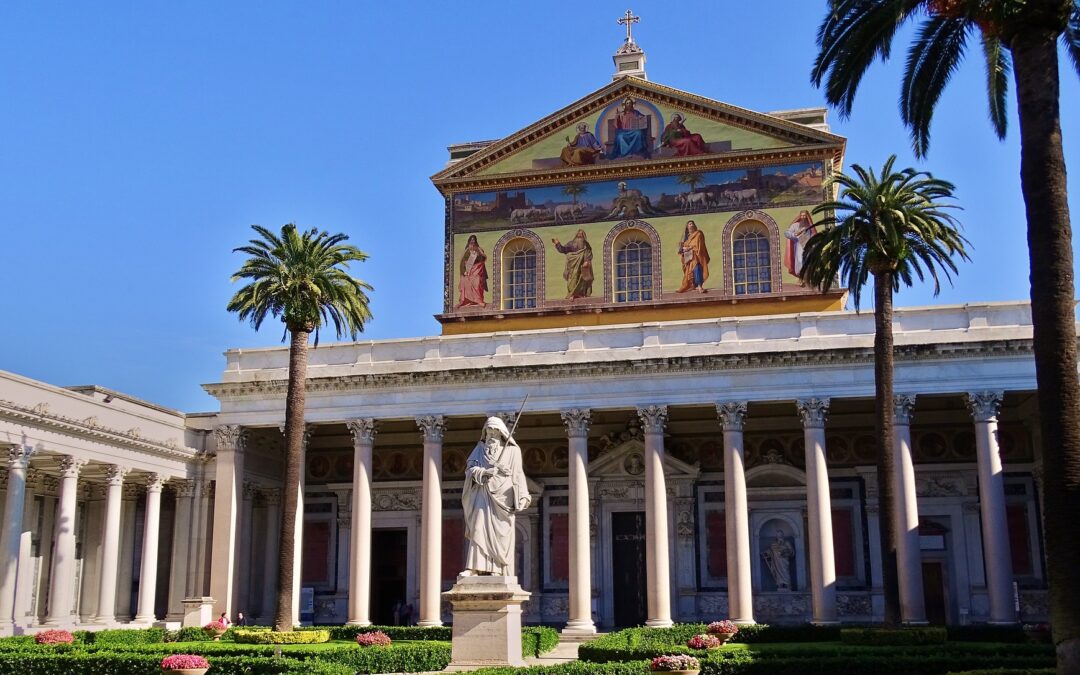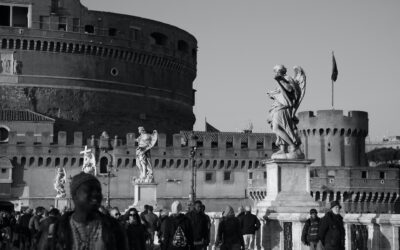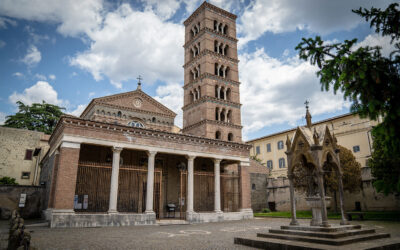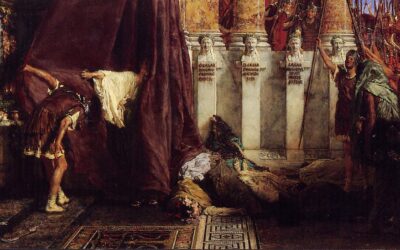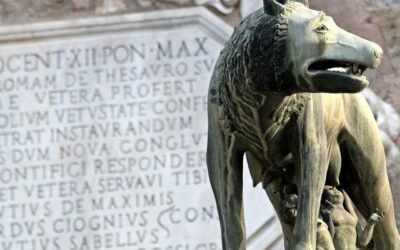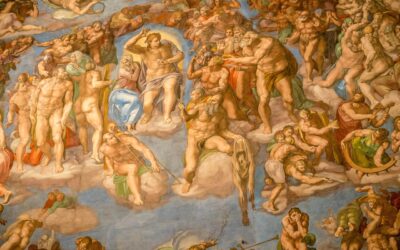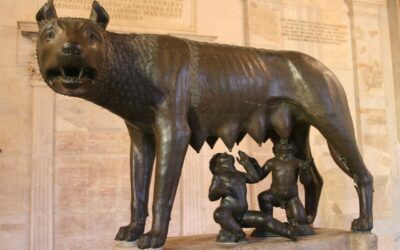Spartacus: The Gladiator Who defied roman might
Spartacus, a name that reverberates through the corridors of time, transcends the realm of a mere gladiator. He embodies defiance, leadership, and legendary status that has enthralled countless generations. In this comprehensive journey, we shall embark on a quest to unearth the life, mysterious beginnings, combat techniques, and the infamous slave uprising orchestrated by Spartacus. Furthermore, we will critically analyze the television series inspired by his story and illuminate the expansive universe of ancient Roman gladiators.
Spartacus: Unveiling the Man of Mystery
Provenance and Origins
Spartacus’s early life remains cloaked in a veil of obscurity, with historical accounts shedding minimal light on his background. Believed to have been born in Thrace circa 109 BC, in what is now modern-day Bulgaria, the specifics of his family, upbringing, and formative years remain elusive. However, his irrefutable journey led him from freedom to the shackles of slavery within the heart of the Roman Republic.
Gladiator Training: The Crucible of Combat
As a slave, Spartacus was thrust into the brutal world of gladiatorial combat. The life of a gladiator was one of hardship, honing their skills and grappling with mortality in the arena. Spartacus’s combat expertise encompassed the adept use of the gladius (a short sword) and the scutum (a large shield). The ludus, or gladiator training school, was his crucible, where grueling drills and fierce combat practice molded him into a formidable warrior.
Rise from the Shadows: The Making of a Leader
Within the confines of the ludus, Spartacus evolved from a mere slave into a charismatic leader. His qualities of resilience, strategic acumen, and an unwavering spirit resonated with his fellow gladiators. They looked up to him not only as a mentor in combat but as a symbol of hope for a life beyond the arena.
Igniting the Flame of Rebellion
The Genesis of Revolt
The incendiary spark that ignited the conflagration of revolt occurred in 73 BC when Spartacus and a band of fellow gladiators masterminded a daring escape from the confines of the gladiatorial training school in Capua. This audacious act marked the inception of a rebellion that would reverberate through the pillars of the Roman Republic.
Leadership Par Excellence
Spartacus swiftly emerged as a charismatic leader, marshaling an eclectic amalgamation of escaped slaves and gladiators into a formidable force. His military stratagem was unorthodox yet highly efficacious, embracing hit-and-run tactics, ambushes against Roman legions, and a calculated aversion to pitched battles.
The Swelling Tide of the Slave Revolt
As Spartacus and his compatriots traversed the heart of southern Italy, their ranks burgeoned exponentially. Slaves and disaffected individuals rallied under his standard, casting a pall of dread upon Rome. This uprising transcended a quest for mere freedom, metamorphosing into an all-out war waged against the behemoth of the Roman Republic.
Spartacus: The Freedom Fighter
Spartacus’s leadership extended beyond military prowess. He instilled a sense of unity and purpose among his followers, emphasizing not just vengeance against their oppressors but the establishment of a society where all were free and equal. His vision resonated deeply with those who had suffered under the yoke of servitude.
Spartacus in Popular Culture: A Comparative Analysis with the TV Series
“Spartacus: Blood and Sand”
The television series “Spartacus: Blood and Sand” brought Spartacus’s story to a contemporary audience, breathing life into this ancient legend. While the show did exercise creative liberty with historical accuracy, it encapsulated the core essence of Spartacus as a leader and the brutality of gladiatorial combat. The portrayal of Spartacus by actor Andy Whitfield resonated deeply with viewers, embodying the spirit of rebellion and resilience.
Historical Authenticity versus Dramatic License
While the TV series succeeded in providing an engaging portrayal of Spartacus, it veered significantly from historical veracity. It introduced fictional characters and events, amplifying certain facets of Spartacus’s life. Nevertheless, it effectively bridged the gap between the ancient world of gladiators and contemporary audiences, ensuring that the legacy of Spartacus endured.
Gladiators in Ancient Rome: Unveiling the Warriors of the Arena
Life and Death Beneath the Gaze of Spectators
Gladiators constituted a diverse stratum of society, encompassing slaves, criminals, and even free individuals who willingly embraced this perilous profession. Their existence was one of unyielding hardship, where the specter of death lurked ominously in the arena’s shadows. However, triumphant gladiators could attain fame, fortune, and even emancipation.
Varied Styles of Gladiators
The world of gladiators was an intricate tapestry, with various types specializing in distinct weaponry and combat styles. These included the murmillo, the retiarius, and the secutor, each armed with unique equipment and tactical nuances. Battles in the arena were orchestrated, adhering to specific rules and codes, providing both entertainment and a form of social commentary.
The Gladiatorial Games: A Spectacle of Blood and Valor
The staging of gladiatorial games, or munera, was a pivotal aspect of Roman culture. These spectacles were not merely displays of combat prowess but also political tools and a means of appeasing the populace. The selection of gladiators, the choreography of battles, and the outcome were all carefully orchestrated to elicit specific reactions from the audience.
The Legacy of Spartacus
The Fall of the Slave Revolt
The relentless pursuit by Roman legions eventually led to the downfall of Spartacus’s rebellion in 71 BC. In the final battle, Spartacus fought valiantly but met his end on the battlefield. However, his legacy lived on, inspiring others to challenge oppression and inequality.
Spartacus: A Symbol of Defiance
Spartacus’s name became synonymous with defiance against tyranny and the pursuit of freedom. His story transcended the annals of history, resonating with revolutionaries, abolitionists, and those who championed the cause of justice throughout the ages.
Conclusion
Spartacus’s narrative is one that encapsulates courage, tenacity, and the unwavering pursuit of freedom. His defiance against the juggernaut of Rome continues to resonate, an enduring testament to the indomitable human spirit. While the TV series may have ventured into the realms of creative storytelling, it succeeded in rendering this ancient legend accessible to contemporary audiences. Spartacus, the gladiator who defied Rome’s dominion, persists as an enduring symbol, eternally synonymous with the unyielding human spirit and the relentless pursuit of liberty. His

